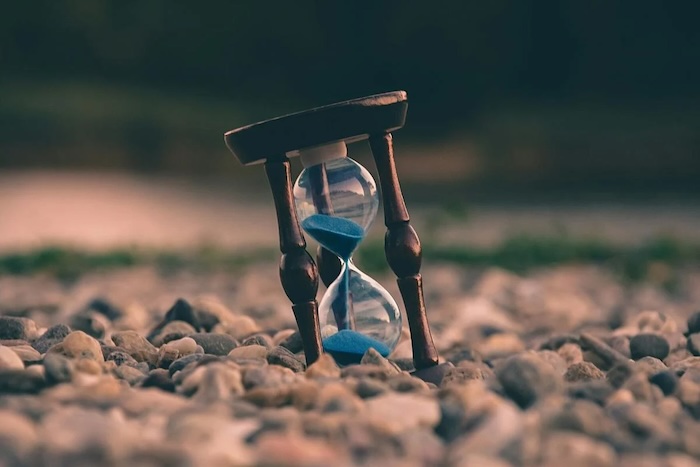— Toronto ‘death cafés’ offers a new way to get comfortable with that fact

“We’ve heard the saying that it takes a village to raise a child. That village is equally important at the end of our life as it is in the beginning.”
After more than a decade living side by side on a quiet street in Toronto’s east end, Fiona* and her partner Lorraine* had become close friends with their neighbour Tony.
“Lorraine and Tony talked all the time,” said Fiona. “When he started getting older and lived on his own, she helped him with errands and grocery runs. I mowed his lawn.”
When Tony was diagnosed with inoperable cancer in 2018, Fiona started cooking for him and filling in when support workers and nurses weren’t on duty.
When it came to preparing to die, though, the couple decided Tony needed more help than they could offer.
They enlisted the help of a death doula: someone who is trained to help with emotional and physical support as well as education about the end-of-life process.
In the last couple of days of Tony’s life, Fiona slept on the couch next to his bed. The doula and Lorraine sat with him until he died.
What struck Fiona as most remarkable, she said, was the “ceremony of it all.” Lorraine and the doula washed Tony’s body and sat with him for hours after he passed.
“I think, in a lot of western cultures, people don’t want to hang out with a person’s body after they’ve gone,” she said. “This felt like helping him to move on and there was a level of comfort in it that helped all of us.”
Death-care practices vary according to culture and religion, and many doulas argue that in western cultures there’s a lingering taboo around frank talk about death, something that makes it harder for many to deal with death, dying and grieving.
That started to change 20 years ago with the first “death café,” an initiative launched by a recently widowed Swiss sociologist named Bernard Crettaz. The concept — usually a scheduled group discussion about death among people from all walks of life (not to be mistaken for grief counselling) — has since spread and evolved.
“Now there are ‘death salons,’ ‘death dialogues’ and ‘death book clubs,’” said Kayla Moryoussef, who works with Toronto’s Home Hospice Association and has her own practice, the Good Death Doula. “There’s even a ‘death over drafts’ thing where people meet in bars to drink and talk about dying and death.”
Probably the biggest change to the death café model in Toronto has been that, pre-pandemic, the Home Hospice Association’s death cafés were held in bricks and mortar spaces. When the pandemic forced the cafés online and they no longer had to worry about venues and attendance, it allowed the association to offer more niche programming, such as cafés for parents, pet lovers caregivers and “spoonies” (people experiencing chronic pain).
“I came up with the idea for a spoonies death café because, as a person with chronic illness and disability, I know my relationship with dying and death is fundamentally different than my peers, — especially peers my age,” said Moryoussef, who is now in her late 30s.
The mission at the Home Hospice Association is to offer distinct programming for different communities in the name of accessibility and equitability.
“The reason we even got into this death doula training, development and mobilization was because we could see that our health-care system was not going to be able to keep up,” said Tracey Robertson, a doula and co-founder of Toronto’s Home Hospice Association.
Even if our health-care system could bounce back from its current state, most medical training is about finding cures, and many doctors receive little or no training when it comes to talking about death.
“We’ve all heard the saying that it takes a village to raise a child — we always say that village is equally important at the end of our life as it is in the beginning — some may even say more important,” said Robertson.
Death cafés are part of the foundation for that vision, she explained, because you can only build that village after death is normalized and communities are more comfortable talking about it.
“All it requires is for all of us to just get a little bit more comfortable with the fact that we all are going to be there one day,” said Robertson. “How can we help our neighbour who is faced with the reality of sitting in a doctor’s office and hearing words none of us ever want to hear?”
Complete Article ↪HERE↩!
